acromegaly in cats prognosis
This is most often caused. Acromegaly is characterized by chronic excessive growth hormone GH secretion by the pituitary gland.
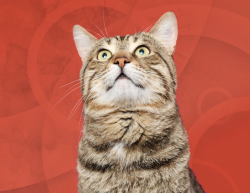
Feline Acromegaly Treatment Options
Learn to recognize the symptoms of this pathology they could be subtle and act too late.

. Long thought to be quite rare in cats there is increasing understanding that Acromegaly or Hypersomatotropism is more prevalent than thought. Insulin resistance is generally controlled satisfactorily by using large doses of insulin divided into several daily. Wakayama and Bruyette offer a look at which diagnostic tests are most beneficial in detecting this often underdiagnosed condition.
Other signs that acromegaly may be present include a broadened face growing paws and a protruding jaw or growing lengthening teeth and gums. Niessen S J 2010 Feline acromegaly an essential differential diagnosis for the difficult diabetic. Feline acromegaly is most commonly caused by a functional pituitary tumor.
Excessive growth hormone in cats is. Acromegaly can cause a variety of health problems including joint pain muscle weakness and heart problems. Acromegaly is a relatively rare condition caused by excessive hormone production in the brain or in mammary gland breast tissue.
The symptoms of acromegaly in cats are many. It is more common in cats than dogs. Acromegaly in Cats Causes.
Home - NC State Veterinary Medicine. The short-term prognosis in cats with untreated acromegaly is fair to good. Acromegaly in cats is a disease that mainly affects elderly cats average age 10.
Acromegaly is a condition that comes about when something affects your cats pituitary gland and causes it to secrete more growth hormones than are necessary. J Feline Med Surg 12 1 15-23 PubMed doi. In cats it is typically caused by a tumor on the pituitary gland.
There is no single diagnostic test for feline acromegaly - a confident diagnosis relies on a combination of clinical. Acromegaly is an endocrine disease that leads to elevated production and secretion of growth hormone GH. Acromegaly in cats is mainly caused by the presence of a pituitary adenoma that is a non-malignant but productive tumor responsible for the.
Feline acromegaly is caused by a pituitary adenoma that secretes excessive amounts of growth hormone. Characteristic effects of excessive growth hormone secretion include the. No breed predispositions have been recognised to date.
One of the first signs. Pixabay photo The symptoms of acromegaly in cats are generated both by the effects of GH and by the compression of the tumor in the brain. It can occur in adult and aged cats and is usually associated with neoplasms.
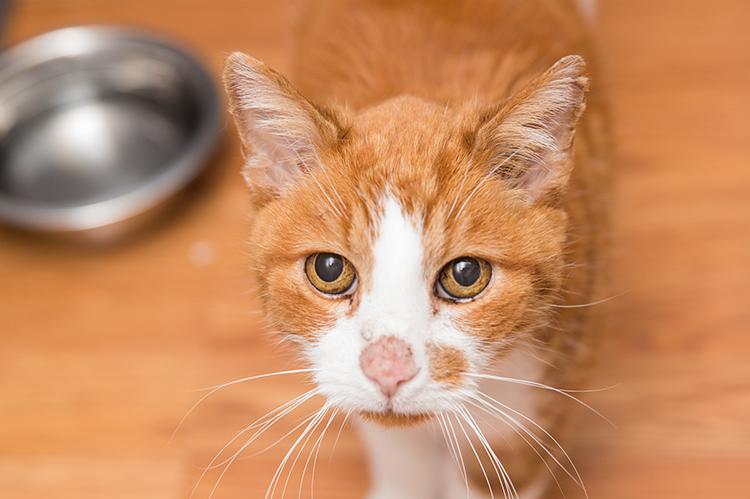
Type 1 2 Diabetes In Cats Best Friends Animal Society

Feline Acromegaly Treatment Options

Insulin Dependent Diabetic Cat Veterinary Teaching Hospital Washington State University

Feline Acromegaly Semantic Scholar

Pharmacological Treatment With Cabergoline In Three Cats With Acromegaly

Acromegaly In Cats Symptoms Diagnosis And Treatment

8 Unusual Cat Diseases To Know About
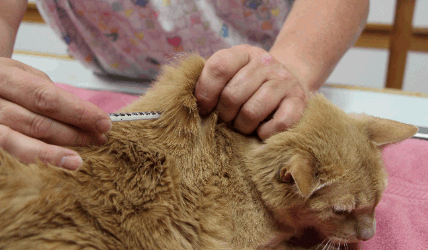
The Hard To Regulate Cat Mar Vista Animal Medical Center

Acromegaly In Cats The Veterinary Nurse

Peculiarities Of Feline Hyperadrenocorticism Update On Diagnosis And Treatment Lara A Boland Vanessa R Barrs 2017

Acromegaly In Cats Rare But Probably Underdiagnosed Petmd

Identifying Cat Diabetes Symptoms Feline Friendly Care
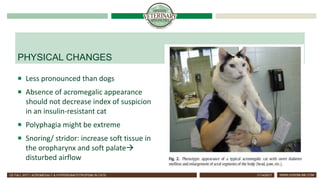
Diagnosis And Management Of Feline Hypersomatotropism

Feline Acromegaly Sciencedirect
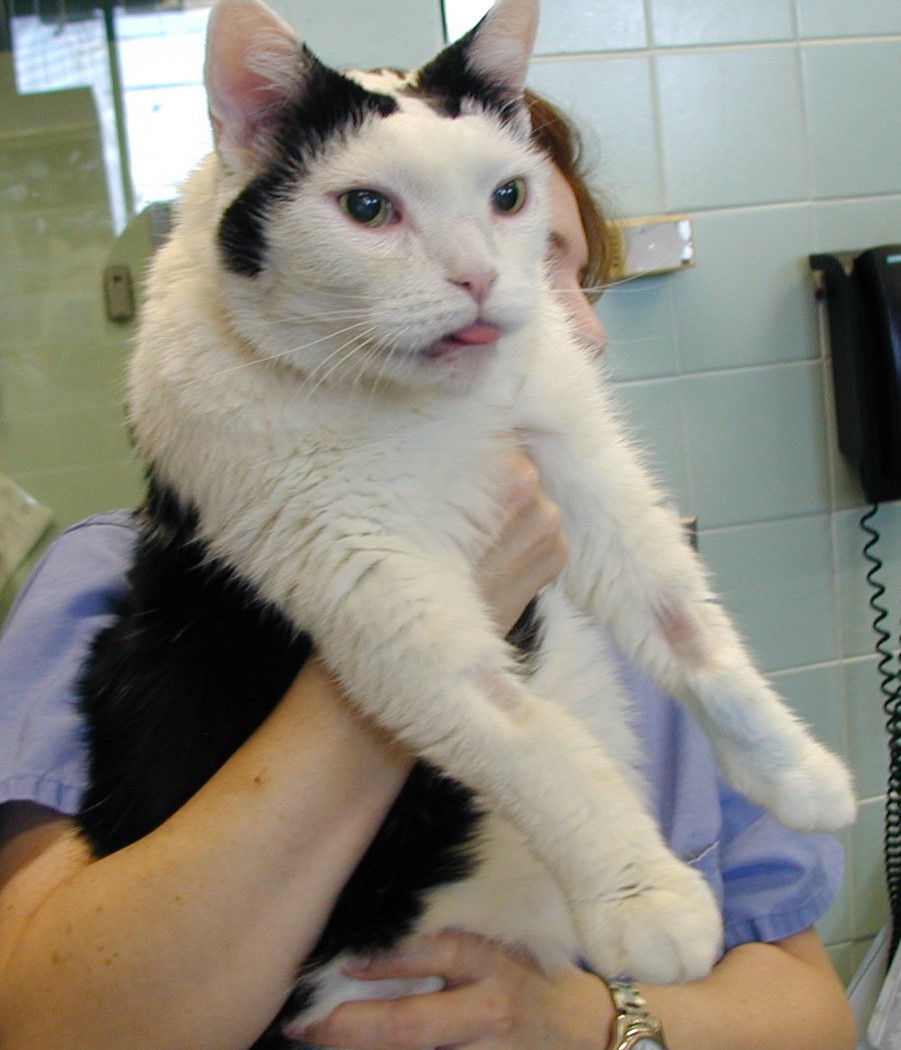
Feline Acromegaly Endocrine System Merck Veterinary Manual
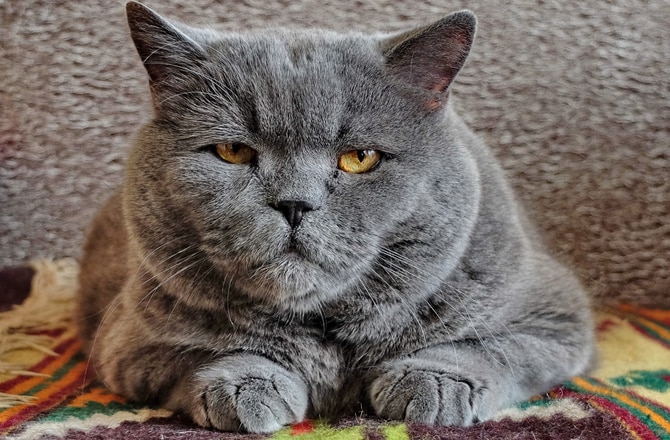
Causes Of Diabetes In Cats Petmd
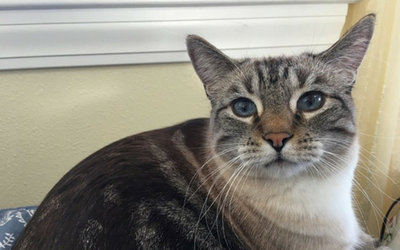
Pituitary Macroadenoma In Cats Vca Animal Hospital

